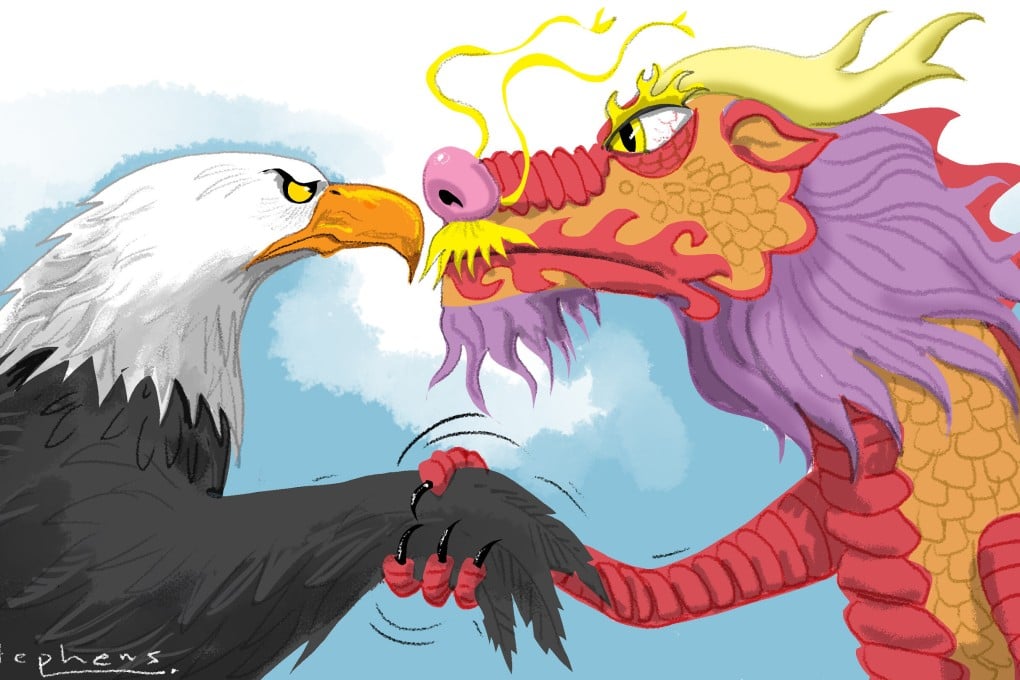Advertisement
Opinion | US-China relations: could a 19th-century accord between Britain and France serve as a model to avoid conflict?
- Any US policy to either seek regime change or modify Chinese behaviour risks escalating the rivalry
- Rather, a strategy of collaborative confrontation could serve as the foundation for stable US-China relations, as it did for Britain and France in the 19th century
Reading Time:4 minutes
Why you can trust SCMP
19

The continued deterioration in Sino-US relations has sparked an intensifying debate about what objectives the United States should pursue towards China. On one side are those who argue that the only way to prevent an endless conflict is for the US to favour regime change.
Others counter that such a strategy would greatly exacerbate tensions between the two nations while also weakening alliances critical to American national security. Instead, they argue, the US should centre its efforts over the next several decades on modifying Chinese behaviour to reduce the risk of conflict.
Both strategies, however, unnecessarily risk escalating the rivalry.
Advertisement
Proponents of regime change argue that American planning must begin with the end in mind if Washington is to construct an effective grand strategy for the 21st century.
They dismiss the prospects for competitive coexistence, arguing that it relies on a long-term hope of modifying the behaviour of the Chinese leadership, which appears increasingly unlikely as President Xi Jinping has yet to indicate when or if he might step down. Even if Xi does step down, there is no guarantee that his successor would choose a more accommodationist policy.
Following the Cold War strategy of containment, regime change would entail maintaining consistent pressure on China to exacerbate the internal stresses of the communist system and create conditions necessary to cause the collapse of its leadership – or, at the very least, create a China so consumed by internal crises that it is no longer able to challenge the liberal international order.
Advertisement
Select Voice
Choose your listening speed
Get through articles 2x faster
1.25x
250 WPM
Slow
Average
Fast
1.25x

